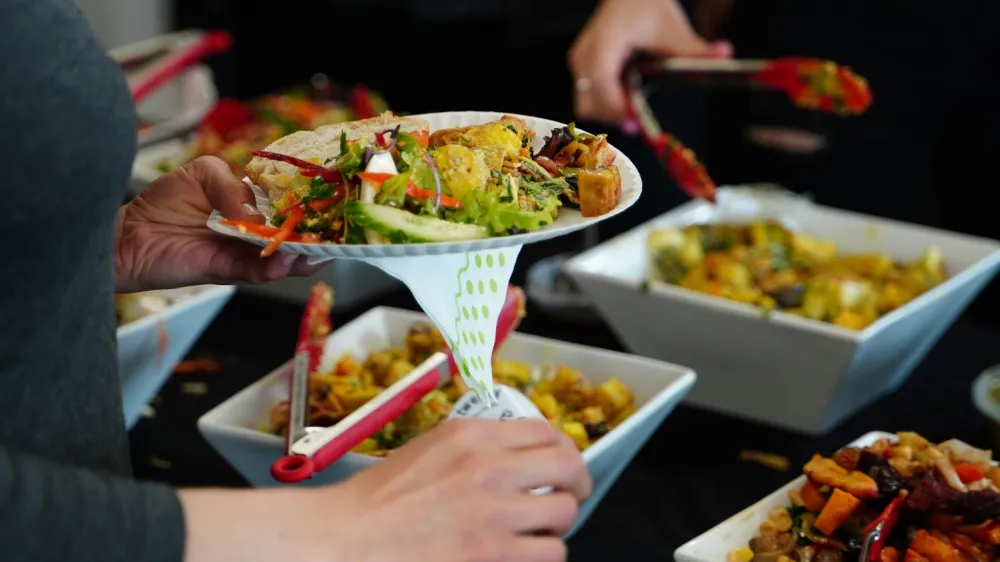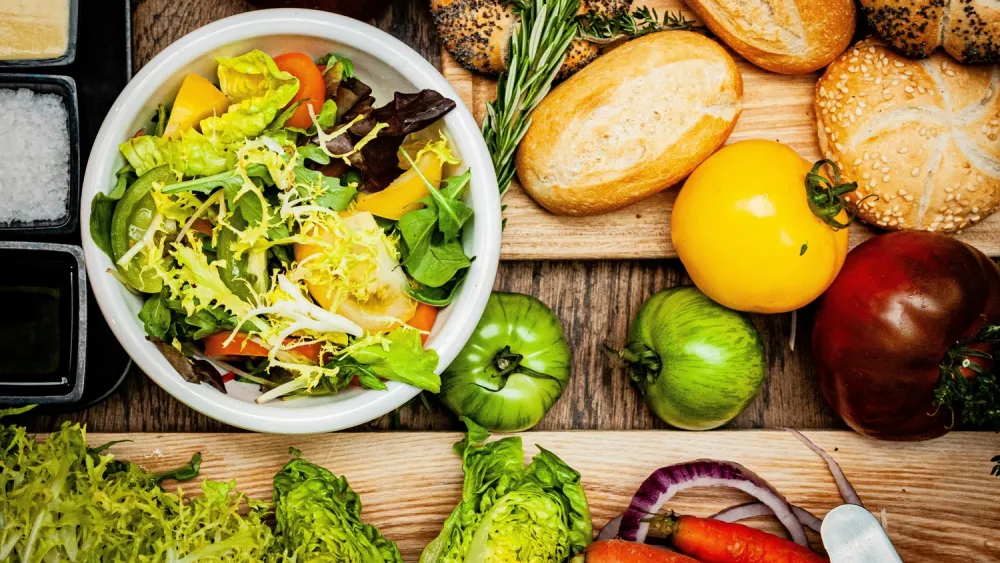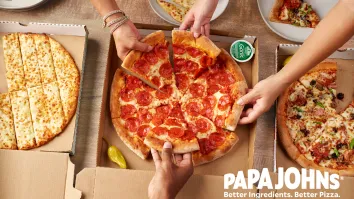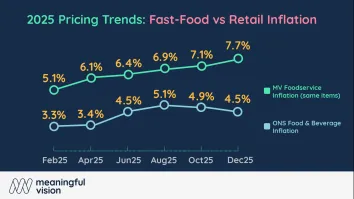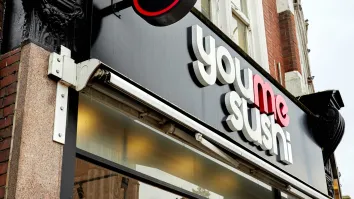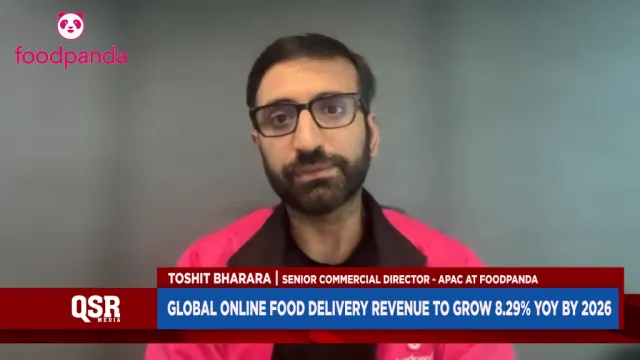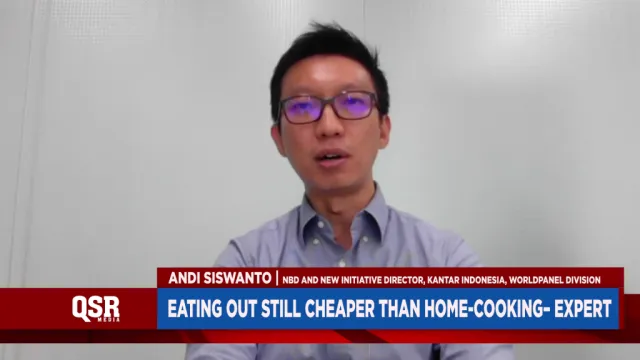
Why meal deals have become a mainstay in QSR operations in Asia Pacific
Demand for affordability and quality is leading to innovations towards high-quality meal kits.
Meal deals, offering discounted combos of mains, snacks, and drinks, have become a QSR mainstay in APAC, appearing on over half of menus as the demand for affordability and convenience becomes increasingly attractive for price-sensitive consumers, according to GlobalData.
“Despite the economic pressures from inflation, the meal deal market has shown resilience. The hybrid working patterns post-pandemic have made it difficult for retailers and foodservice operators to predict demand for weekday lunches. However, meal deals remain a popular choice amongst workers and students, indicating that they fulfil a need for convenience and value. The prevalence of meal deals is also notable at QSR outlets, where they now rank amongst the most popular menu items, appearing in over half of restaurant menus,” Bokkala Parthasaradhi Reddy, Lead Consumer Analyst at GlobalData, said.
Deepak Nautiyal, Consumer and Retail Commercial Director, APAC and ME at GlobalData added that the appeal of meal deals extends beyond mere affordability as consumers, particularly those with financial concerns, are increasingly looking for options that deliver on taste, quality, and variety.
“This shift has led some operators to innovate by offering high-quality meal kits or unique dining experiences that enhance the meal deal proposition. The combination of value, convenience, and quality is crucial in attracting a diverse consumer base, including those who may visit restaurants less frequently but seek indulgent experiences when they do,” Nautiyal said.
According to GlobalData's research, young consumers, particularly Gen Z, are more likely to seek out affordable alternatives when dining out. This consumer segment is often influenced by promotions and meal deals that not only offer financial savings but also align with their personal preferences and lifestyle choices.
Amongst these consumers, 27% said how a product/service aligns with “their time and money constraints” always influences their decision, whilst an additional 33% stated that it often influences their decision.
